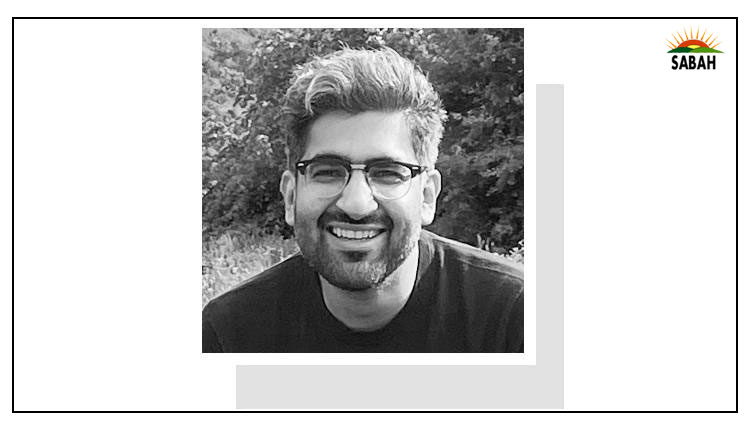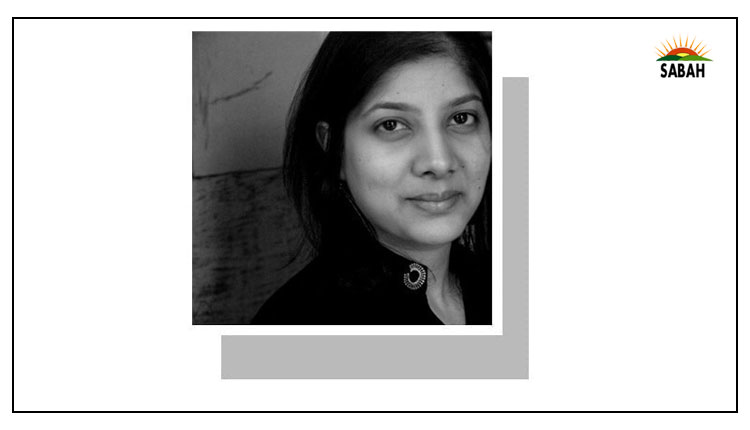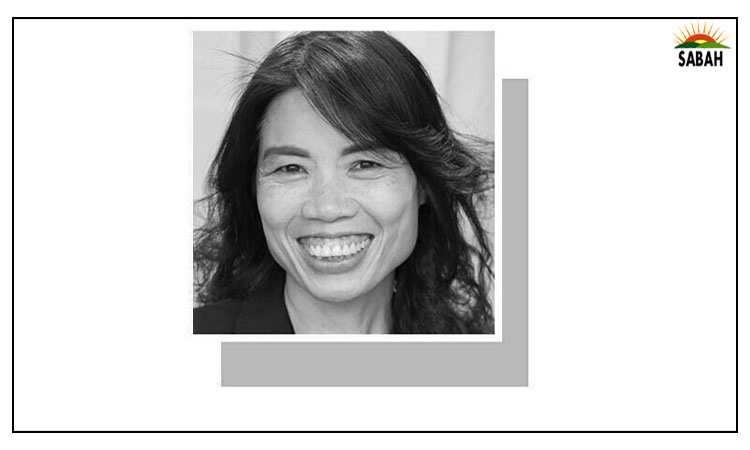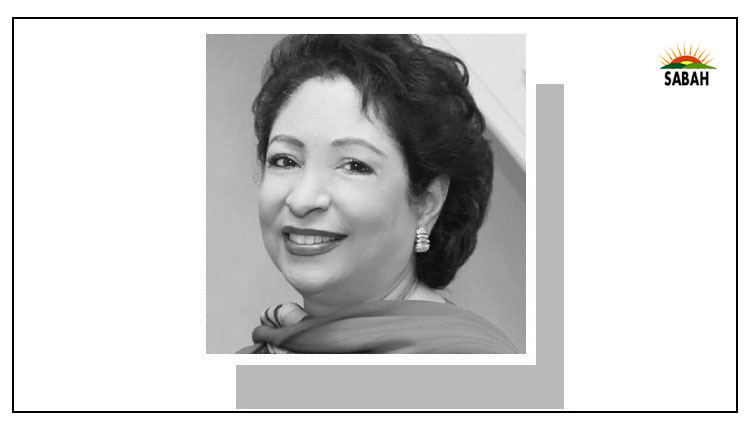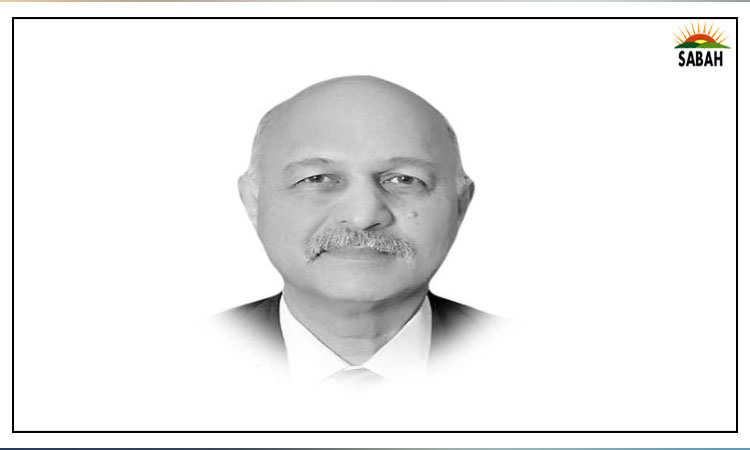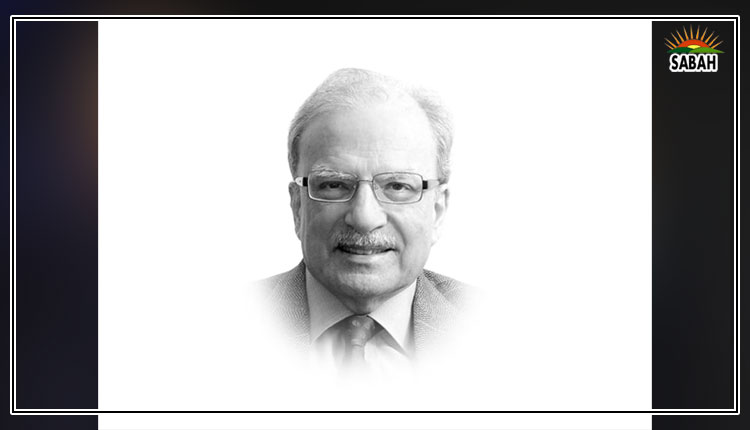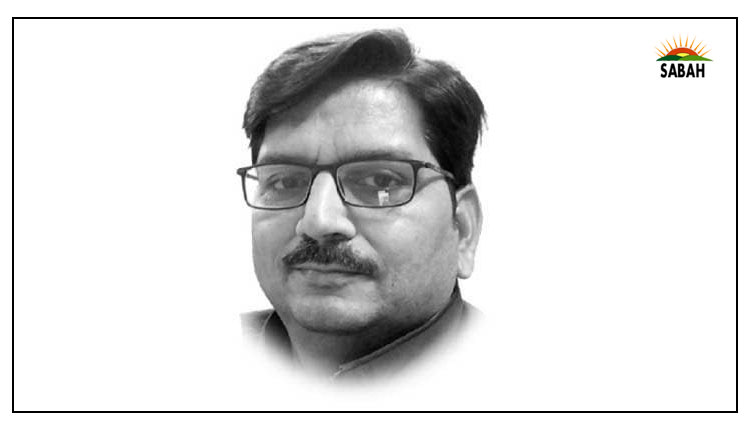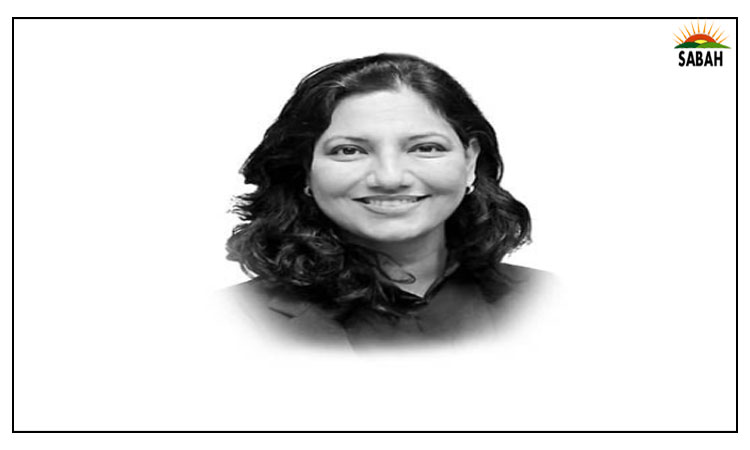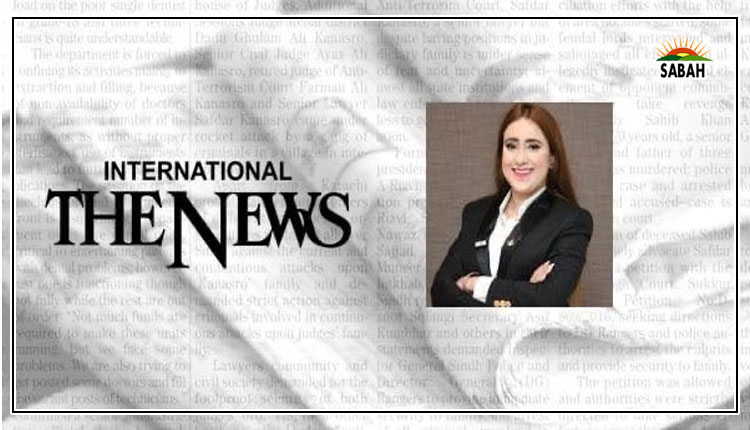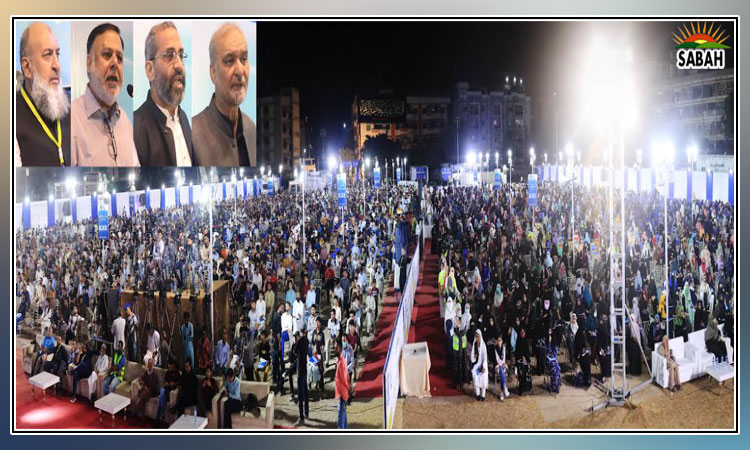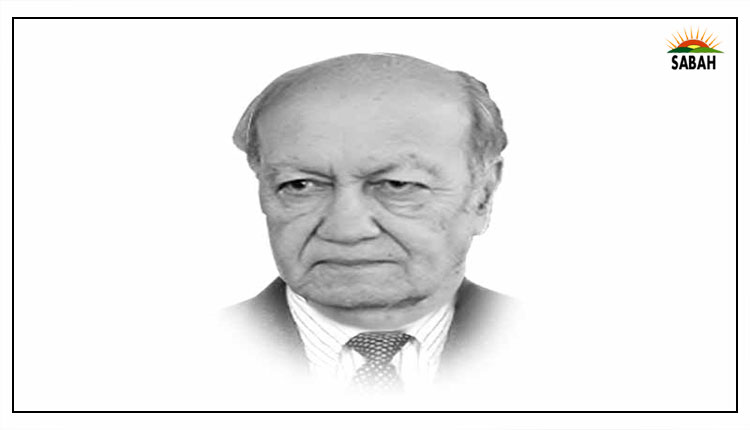Pakistan’s standing in the world…Talat Masood
There are several determinants that contribute toward the influence, power and image of a country one with strong democratic traditions, remaining within constitutional boundaries and its rulers adhering to the rule of law command respect. The government that comes into power after national and provincial elections has the support and trust of the people for it is the preferred choice of theirs. Simple and straightforward as it may sound several developing countries in Asia, Africa and the developing world fail to achieve it and are struggling. Pakistan too comes far short of it and keeps toying with hybrid systems that negate the very fundamentals of trusting peoples choice over preferences of institutions. The ruling PML-N and PPP coalition and a distraught and fragmented opposition led by PTI Independents occupy the National Assembly seats. This power structure lacks the inherent capacity to take tough economic and strategic decisions and is playing with limited options to keep the economy afloat. This weakness is reflected in our image and relations with major powers and neighbours as well. India finds the situation in Pakistan ideal to pursue its hegemonic policies and dominate the region. Even Afghanistan, supposedly a friendly neighbour, looks the other way while TTP and other inimical forces are allowed freely to operate from its soil against Pakistan. China, a close ally and foremost strategic partner in accordance with its traditions, does not make any public comments, especially about its friends, but must be rightly concerned.
So, when would the change in Pakistans policies and culture of work occur and what will trigger it? For it seems it has not been able to shake off its past outdated policies and slack work ethics. Taking a deeper look at the countrys politics one is unable to discern as to how it would contribute to strengthening and stabilising the country. It is too personal oriented and devoid of pursuing major long-term policies that will set the country on the right course.
It is a good coincidence that in these trying times we have an experienced and a balanced Finance Minister who seems hopeful of reaching a staff-level agreement for the new programme with the IMF before the end of the fiscal year. More significant is that he maintains Pakistan needs to abide by the IMF discipline for the next several years in order to execute the long delayed structural changes in the economy. Hopefully under his stewardship Pakistan will be able to conclude a new loan programme before the end of the present financial year. It is critical that the PM and the cabinet should fully support him in his endeavours to set the economy on the right path. Equally critical is that state institutions should abide by and implement the policies approved by the cabinet. It is only by developing and maintaining a self-sustaining and largely independent economy that Pakistan will be in a position to pursue domestic and foreign policies that are in the best interest of its people.
Its economy has been heavily dependent on international monetary agencies and the goodwill of major powers the US and China or oil sheikhdoms. This is a matter that should be of serious concern that Pakistan in its seventy-six years of existence has not been able to achieve an economy that is self-reliant. It has mostly been in dire straits and has sought IMF loans twenty-four times.
Another question that needs to be addressed seriously is: who are the most powerful people in Pakistan? What are their qualities and basis of amassing that much power. Is it their standing in the political party based on the services rendered and qualities of leadership? Or is it on the basis of family connections rather than through a genuine democratic process? With democracy weak, the state institutions and the role of judiciary and army leadership in the affairs of the state increases. And how is it any different when you look at other countries?
These are simple questions but reflect on the state of democracy and the quality of leadership. Much more than that, these are determinants that will heavily influence the destiny of our country. These shape both domestic and foreign policy. When we delve into these questions, we come to the conclusion that most of the weaknesses are embedded in society and no serious effort is in the offing to overcome them.
The present security situation should also be a matter of concern. Pakistan is facing multiple and complex security threats with casualties of civilians and security forces on the increase. Although this is the cumulative fallout of the policies and alignments that Pakistan made with major powers and ideological groups over the last several decades. It was also the backlash of the geostrategic and geopolitical and economic rivalry between major powers that the region had been subjected to for the last several decades.
The present challenges that the country faces are no less. In the east we have a hostile India, with PM Modi refusing to engage with us and trade, and movement of people across borders is frozen. And there are no signs of the situation improving at least until the national elections in India that are due this year. In the west, the security threats faced from the Tehrik-e-Taliban Pakistan (TTP) and the Afghan government patronising them and providing a safe sanctuary have compounded Pakistans internal and external threats.
With the political leaderships focus elsewhere it has essentially left it to the army command to primarily deal with these threats. The economic development of the tribal belt in Khyber-Pakhtunkhwa and Balochistan has also been mostly delegated to the army. Economic development and improvement in the security situation are key factors that need to be addressed seriously through a collaborative effort at the national level. Security issues also require close coordination with Afghanistan and China. A combination of economic development and selective kinetic measures will in due course promote peace and bring prosperity to Pakistan and also to the region at large.
Courtesy The Express Tribune


